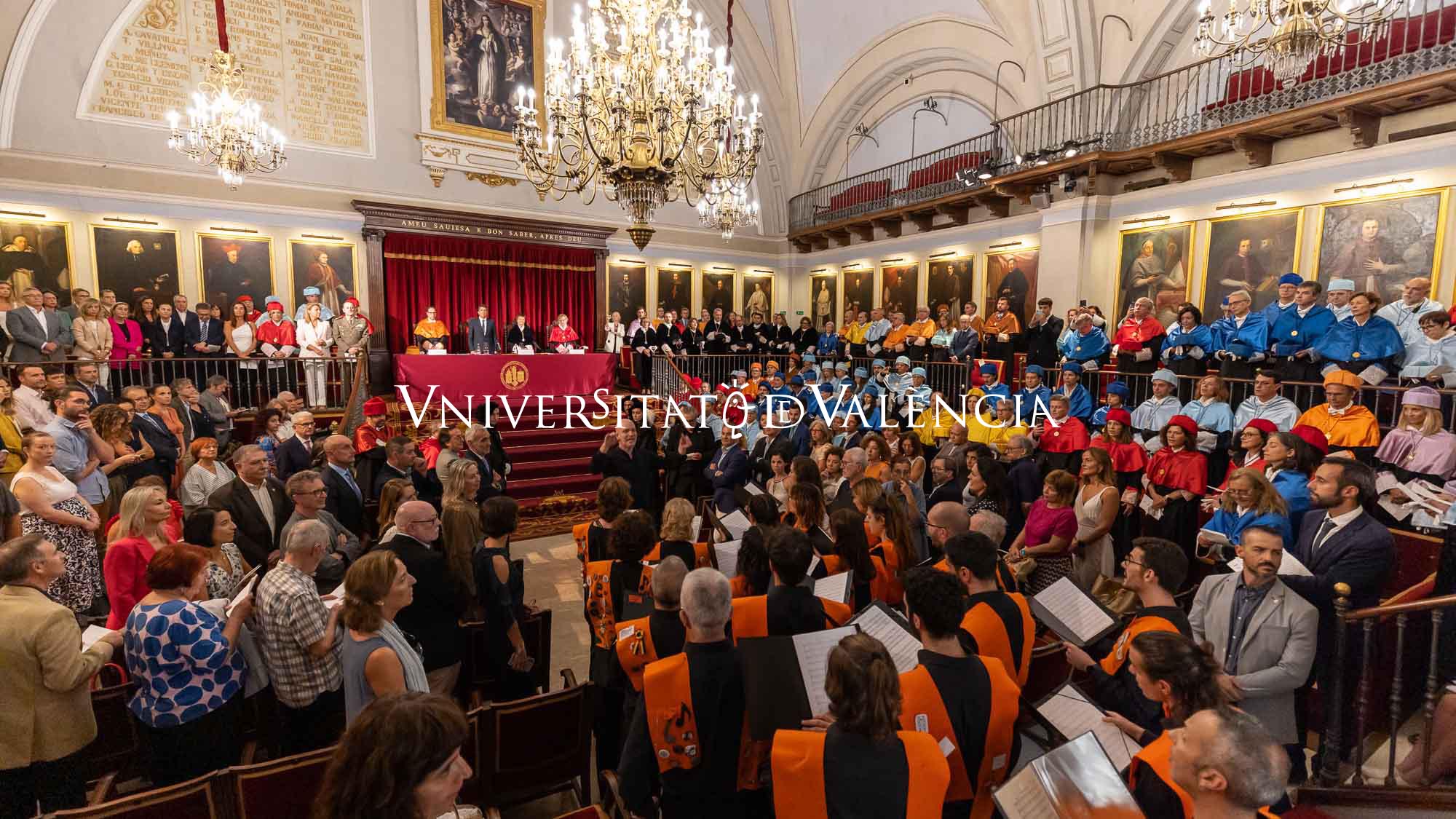Degree in Labour Relations and Human Resources
- E01: To know the modifications linked to aging in perceptual processes.
- E02: To know the basic models of vision.
- E03: To know the spatial and temporal aspects of vision.
- E04: Apply the skills acquired to professional practice.
- E05: Know and apply the regulatory framework of labour relations.
- E06: Know and apply the regulatory framework of social security and complementary social protection.
- E07: Know and be able to analyse the principles, spheres and procedures of action of social and labour-related political institutions.
- E08: Know and be able to analyse the structure and dynamics of national and community industrial relations systems.
- E09: Know and understand the economic framework of labour relations and the dynamics of labour markets.
- E10: Understand the fundamentals of business organisation.
- E11: Know and apply human resources management policies and instruments.
- E12: Know the social and political history of labour relations.
- E13: Know the basics of occupational health and risk prevention.
- E14: Know the techniques of social investigation and labour audit.
- E15: Know and understand the social processes that structure work and production relations.
- E16: Know and be able to analyse the psychological factors that determine work behaviour.
- E17: Be able to interrelate the knowledge from the different academic disciplines that analyse the work environment.
- E18: Analyse and evaluate the factors that determine inequalities in the world of work.
- E19: Analyse and evaluate the decisions of the agents that participate in labour relations.
- E20: Be able to select and manage social and labour information and documentation.
- E21: Be able to advise on and deal with employment and hiring matters.
- E22: Be able to advise on and deal with social security and complementary social protection matters.
- E23: Be able to advise on and deal with occupational health and safety matters.
- E24: Be able to plan and design occupational health and safety systems.
- E25: Be able to carry out advisory, representation and negotiation functions in the different areas of the labour relations at individual, trade union and company level.
- E26: Have capacity for representation in the administrative and procedural fields and for defence before the courts in labour matters.
- E27: Be able to perform analyses and make decisions regarding organisational structure and work organisation.
- E28: Be able to participate in the creation and design of organisational strategies, and to develop the human resources strategy of the organisation.
- E29: Be able to advise and make decisions on human resource management concerning remuneration policy, personnel selection policy and staff design.
- E30: Be able to lead working groups in the area of labour relations and human resources.
- E31: Have skills for mediation in and management of organisational conflict.
- E32: Be able to apply motivational techniques and to improve the work environment.
- E33: Be able to locate, identify and interpret socio-economic data and indicators relating to the labour market.
- E34: Be able to apply social investigation techniques to the work environment.
- E35: Be able to design and run basic social and occupational research projects.
- E36: Have skills to design, implement and evaluate territorial strategies for social and economic promotion.
- E37: Have skills to design, implement and evaluate occupational training and labour insertion plans.
- E38: Be able to apply the different techniques of social and occupational evaluation and audit.
- E39: Know and apply the general principles of taxation and accounting to the business field.
- E40: Know and apply the basic regulatory framework of private contracting and company law to the business field.


























